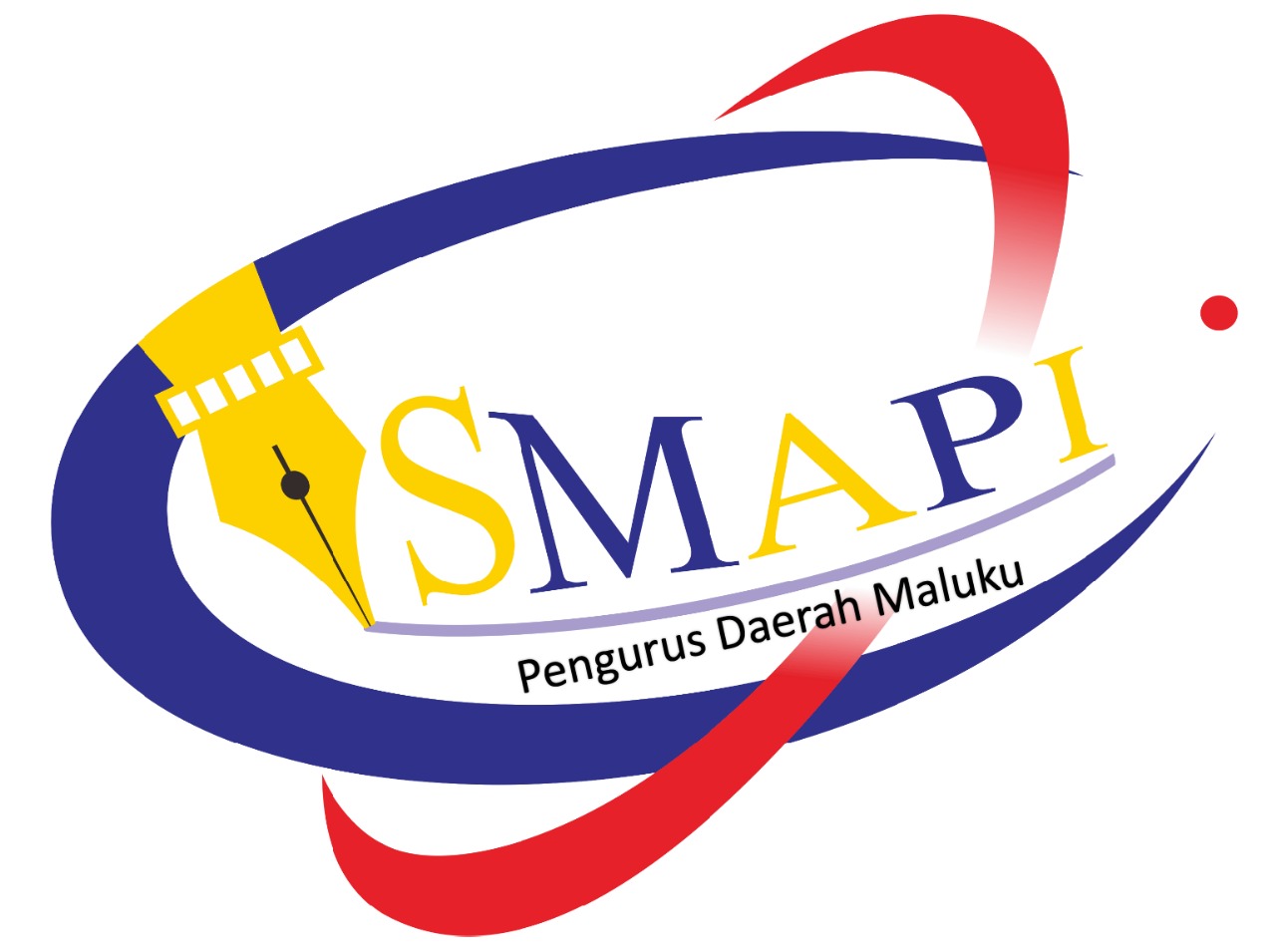SOCIODRAMA-BASED EDUCATION: IMPROVING STUDENTS’ POSITIVE SELF-CONCEPTS IN INDONESIAN SECONDARY SCHOOLS
DOI:
https://doi.org/10.59397/edu.v3i2.108Keywords:
Adolescents, Counseling, Education, Self-Concept, SociodramaAbstract
Many Indonesian junior high school students experience challenges in developing a positive self-concept, often leading to diminished academic motivation and social adaptation. This study aimed to examine the effectiveness of sociodrama—a role-play-based experiential learning technique—within an educational context to improve the positive self-concept of seventh-grade students at SMPN 1 Kalibaru. Employing a quantitative quasi-experimental design with a modified equivalent time series framework, the study purposively selected ten students identified with low self-concept for four sociodrama intervention sessions. Pre-test and post-test measurements were analyzed using the Wilcoxon Signed Rank Test. The findings revealed a statistically significant increase in self-concept scores among all participants (p = 0.005) after the intervention, moving them from a low to a medium self-concept category. These results demonstrate the potential of group-based, experiential interventions in education for fostering self-awareness, confidence, and interpersonal skills during early adolescence. The study's contribution lies in providing robust empirical evidence for the integration of sociodrama in educational counseling practices in Indonesia. Practically, these results suggest that sociodrama can be adopted by school counselors and educators as an effective tool to address students’ psychosocial development needs. Future research is recommended to employ larger and more diverse samples, utilize randomized controlled trials, and explore the long-term effects of such interventions across varied educational settings.
Downloads
Published
How to Cite
Issue
Section
Citation Check
License
Copyright (c) 2025 EDUCATIONE

This work is licensed under a Creative Commons Attribution 4.0 International License.




















